
VietNam and World Bank strengthen cooperation to expand social security coverage
VSS and the World Bank discussed expanding social security coverage, especially for informal workers. The Bank proposed raising voluntary insurance subsidies to 50 percent and introducing Monotax and flexible insurance models. Both sides agreed to enhance digital...
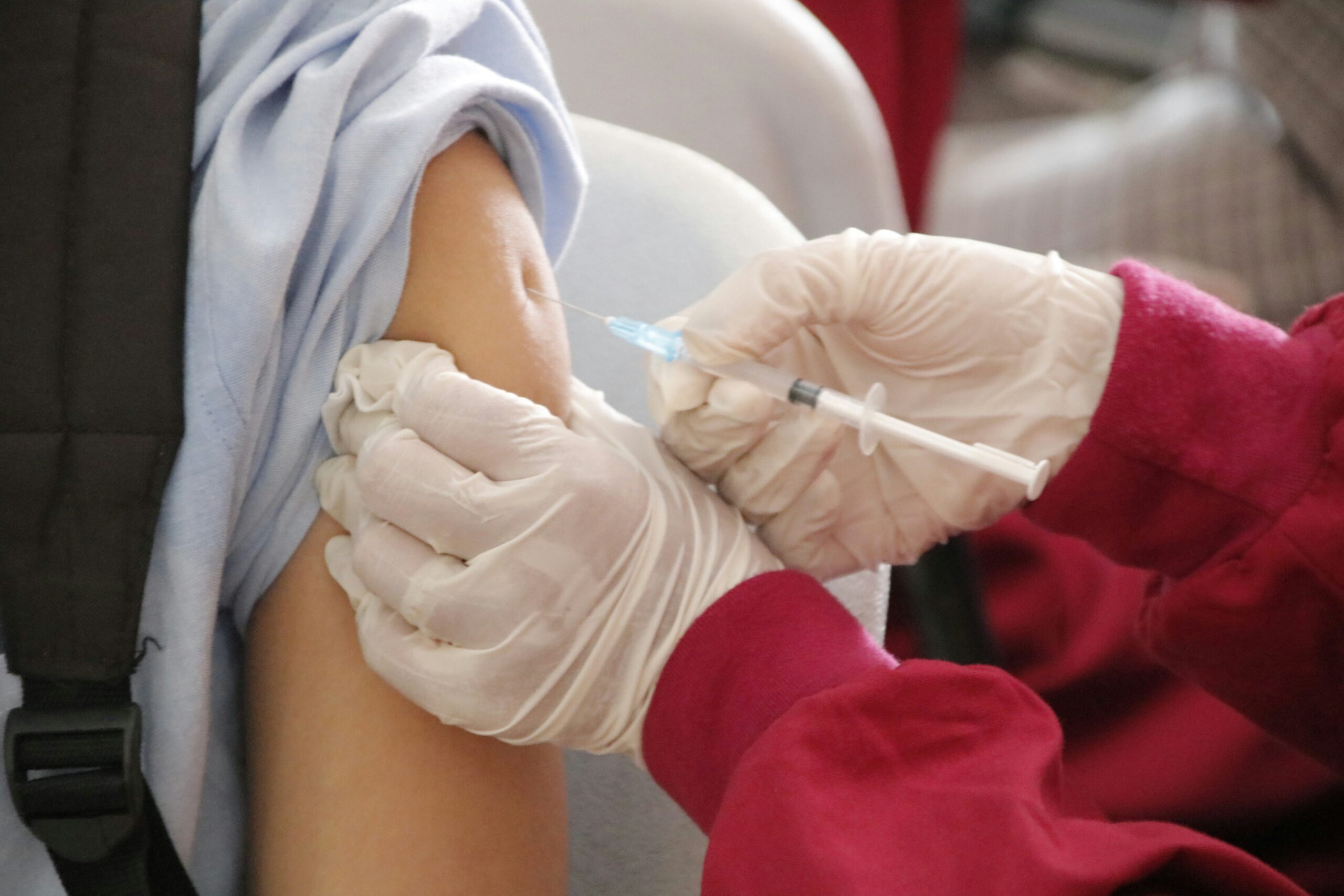
Sweden’s Cost-Driven COVID-19 Policy Sparks Debate Over Protection for Seniors
Sweden’s autumn 2025 COVID-19 plan offers free shots only to those aged 75+ and vulnerable adults 18–74, excluding healthy 65–74-year-olds. Officials cite low cost-effectiveness and stronger immunity. Experts warn this could raise risks. Denmark and several EU states...
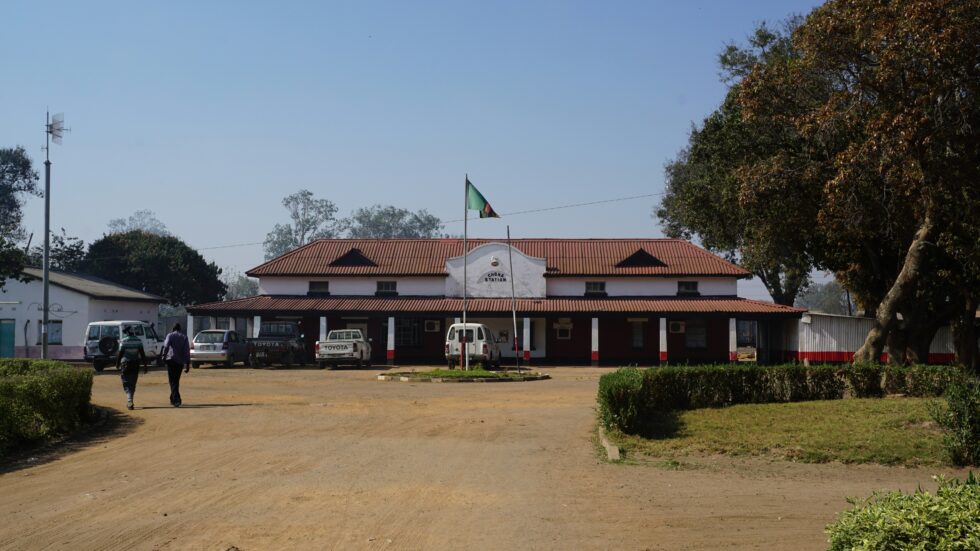
Africa after USAID: who will pay the health bill?
The U.S. and European retreat from health aid has exposed Africa’s reliance on external donors, prompting a push for health sovereignty. Through fiscal reforms, regional manufacturing, and initiatives like Africa CDC and the Accra Summit, nations are redefining...
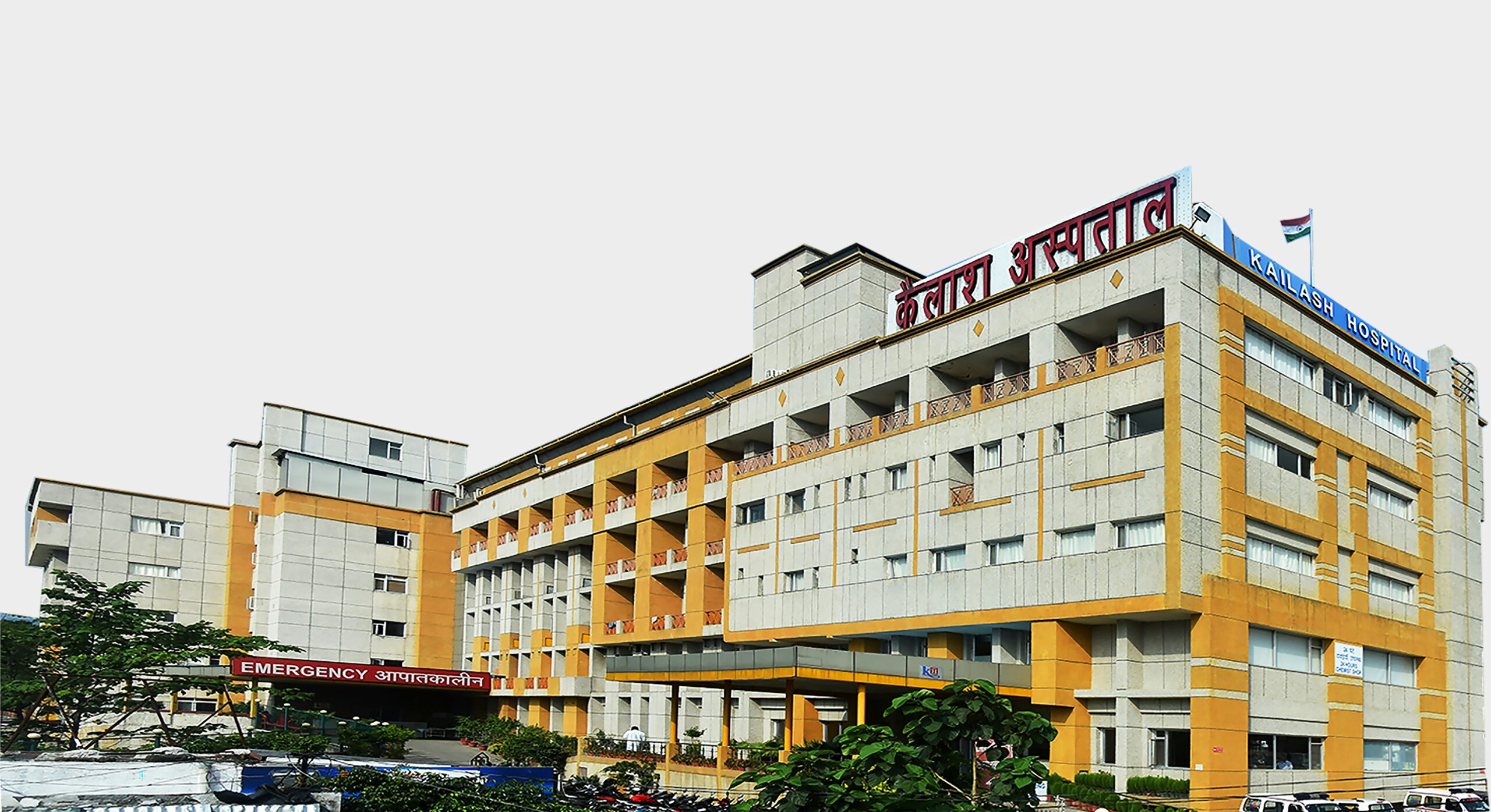
Private hospitals dominate Ayushman Bharat utilisation despite government majority
Despite most Ayushman Bharat hospitals being government-run, over half of treatments and two-thirds of costs occur in private hospitals. Since 2018, 9 crore treatments worth Rs 1.29 lakh crore have been provided. The scheme’s digital mission has linked 50 crore health...

Unmet needs among children in Europe
New data shows 3.2% of EU children missed medical care in 2024, rising to 4.2% among poorer families. Finland leads with highest unmet needs; Malta and Croatia have the lowest rates. New Eurostat data reveals that while most children in Europe receive necessary...

Togo Integrates Private Insurers into Universal Health Coverage Governance
Togo’s CNSS and INAM partnered with private insurers to expand the Universal Health Insurance (AMU) program on October 14, 2025. This collaboration links public and private sectors to offer complementary coverages, enhancing health protection and inclusive governance...

Ghana boosts revenue and strengthens private partnerships to advance UHC
Ghana’s NHIA generated GH¢9.76 billion in 2025 after uncapping the health levy, enabling arrears clearance and GH¢1.5 billion payouts. Dr. Bampoe announced digital claims, new tariffs, and stronger private-sector partnerships to boost transparency, fairness, and...

Irish health budget to provide for 3,300 extra staff
A record €27.4bn health budget for 2026 will fund more staff, hospital beds, home support hours and digital health reforms. Critics say it falls short on capacity and staffing. €3.8bn is allocated to disability services, including residential places, home supports and...

Senegal Validates Strategy to Enroll Informal Workers in Universal Health Insurance, Advancing Social Equity
Senegal has validated a national strategy to systematically enroll informal workers in Universal Health Insurance, aiming to boost coverage to 75% by 2029. This inclusive initiative, supported by international partners, targets extending health protection to groups...
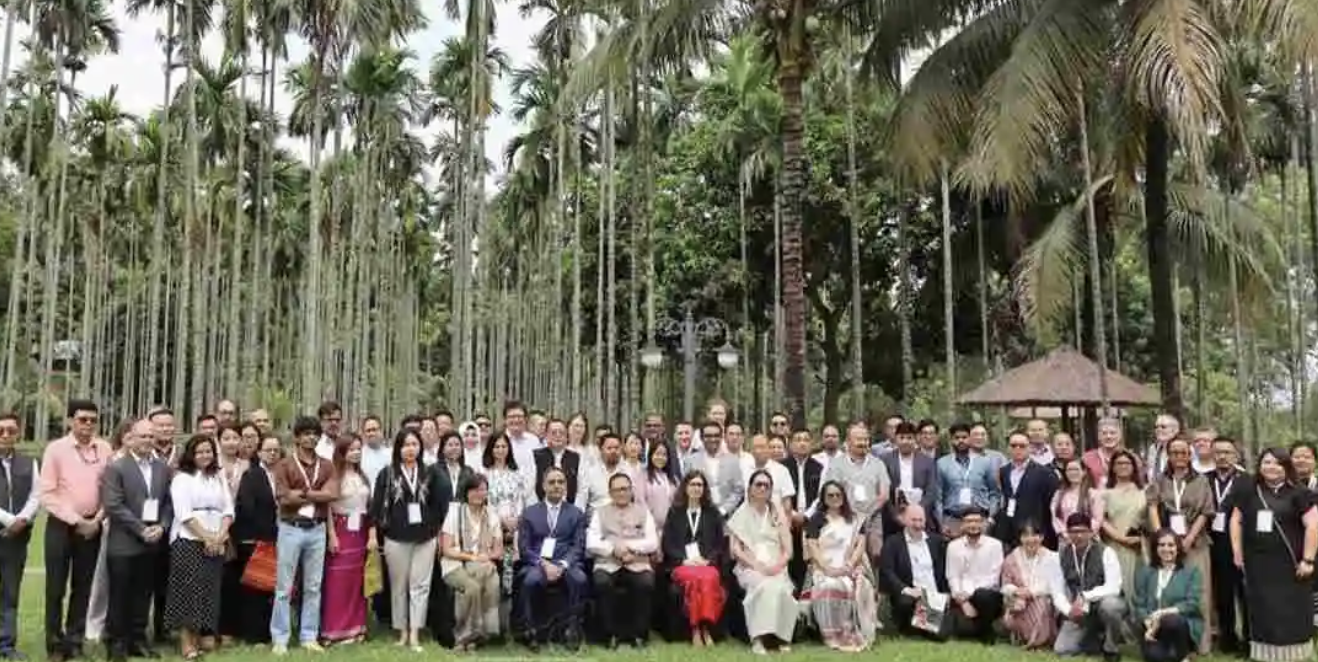
Building Universal Health Coverage: Northeast Health Financing Forum Spurs Cross-State Collaboration and Reform
The Health Financing Forum held in Dimapur united policymakers and experts from Northeast India to discuss reforms and cross-state learning in healthcare financing. Led by Nagaland and the World Bank, the event emphasized innovation, collaboration, and financial...

Modernizing Kazakhstan’s Social Health Insurance: Impact and Innovation
Kazakhstan is modernizing its compulsory social health insurance system to improve financial sustainability, expand care for low-income citizens, and enhance service quality. Reforms include infrastructure upgrades, digital tools, and streamlined processes to ensure...

Romania’s Senate Committees Back CASS Exemptions for Vulnerable Groups Amid Fiscal Debate
Romania’s Social Democrats secured Senate committee backing to exempt vulnerable groups—including mothers on parental leave, war veterans, disabled persons, former political prisoners, and religious members—from social health insurance contributions (CASS). Opposition...
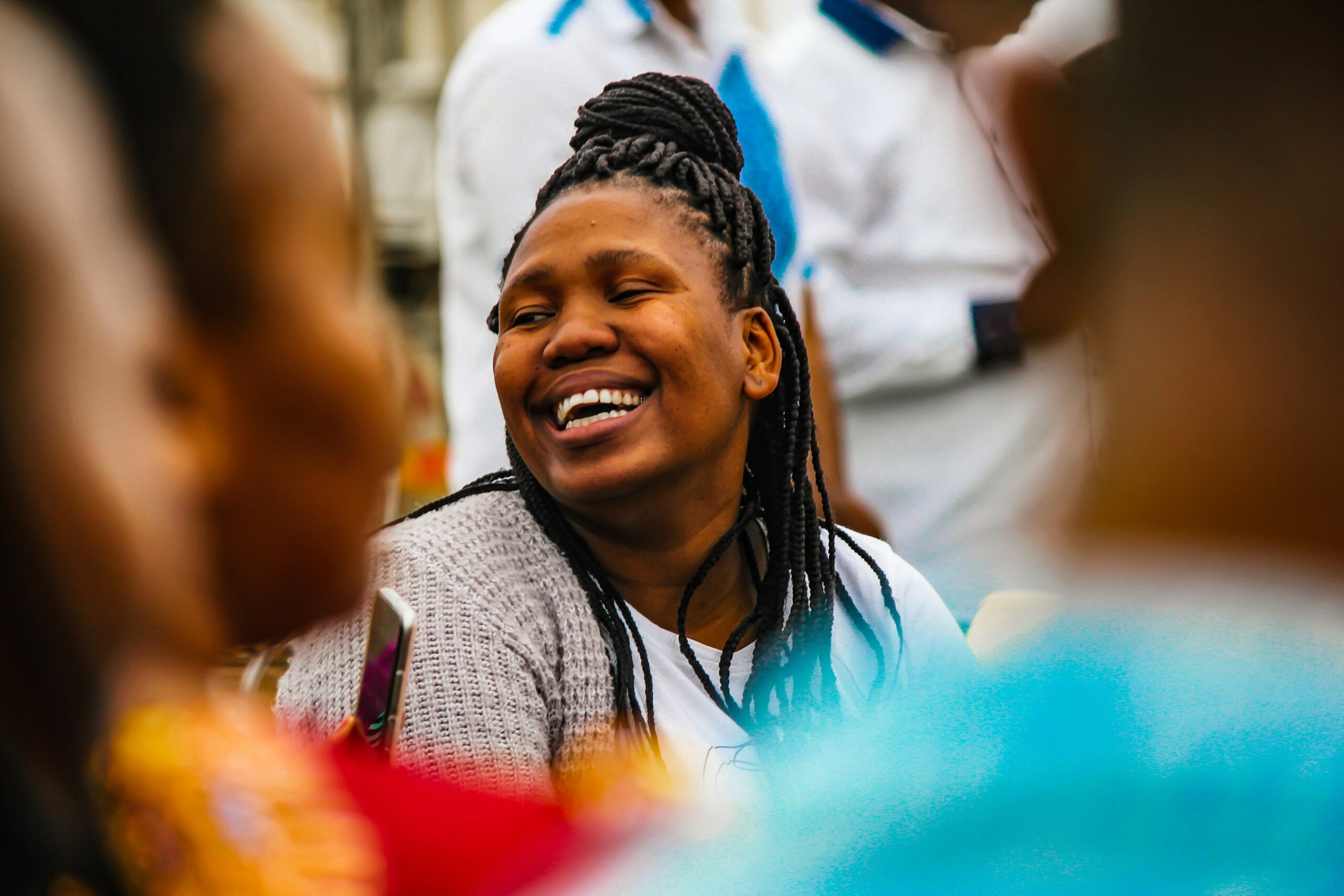
Togo Expands Universal Health Insurance to Self-Employed Workers
Togo expands Universal Health Insurance to self-employed and informal workers, enabling thousands previously excluded to access health coverage through flexible payments, covering care for up to six dependents, and boosting financial inclusion via a new digital...
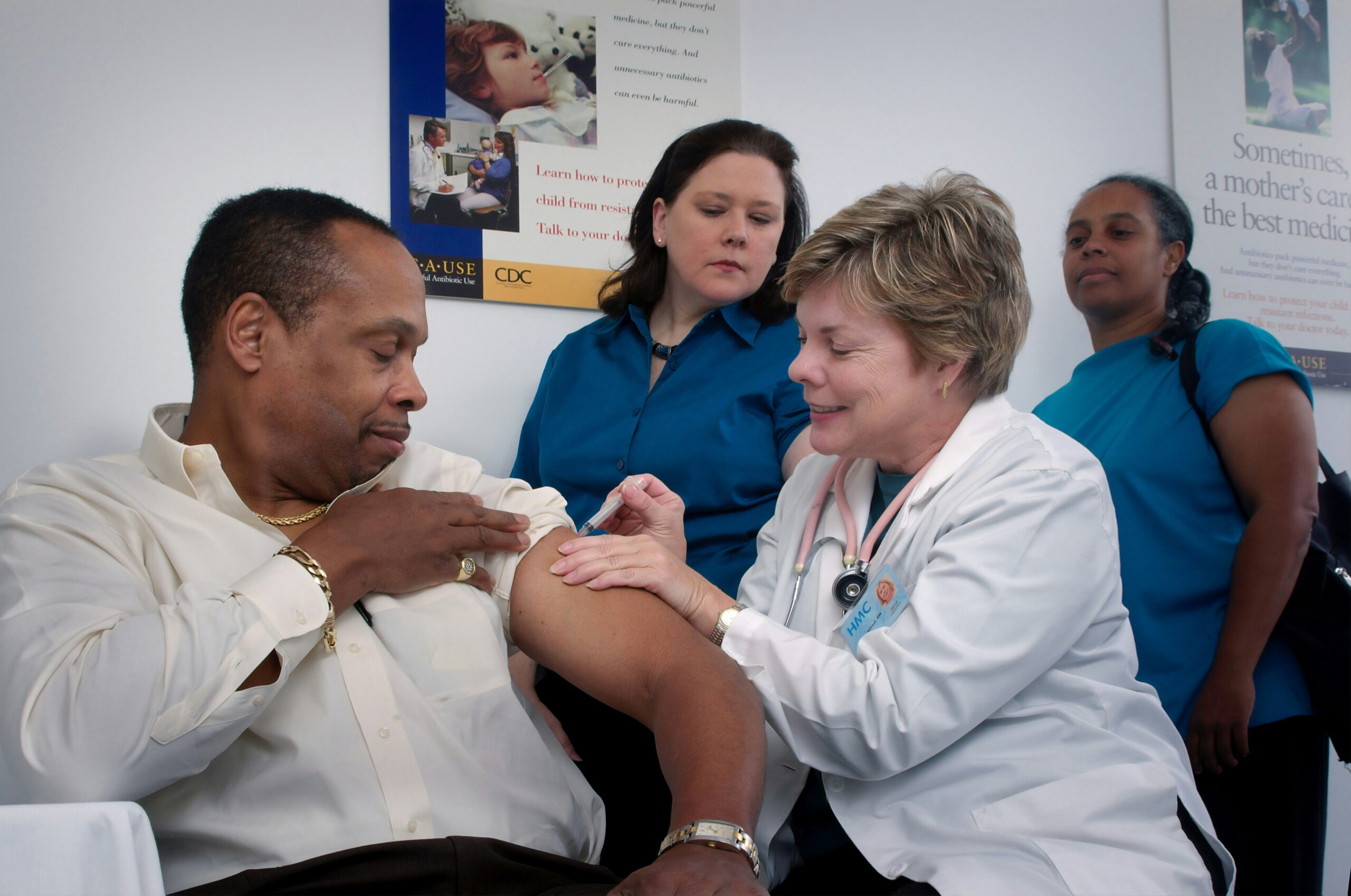
Record Rise in Dutch Health and Social Care Spending Reaches €155 Billion in 2024
Dutch health and social care spending rose 8.9% in 2024 to 155 billion euros, increasing to 13.8% of GDP. Per capita costs reached 8,610 euros, up 654 euros from 2023, driven by higher charges, increased youth care demand, and faster growth of home assistance. In...

Budget 2026: Breaking the Cycle—Malaysia’s Path to Resilient and Inclusive Public Healthcare Reform
Malaysia’s public healthcare is plagued by understaffing, low morale, overcrowding, and stagnant reform. Budget 2026 plans to absorb contract doctors, boost spending, strengthen public-private partnerships, roll out tech-driven workforce mapping, and build inclusive...
